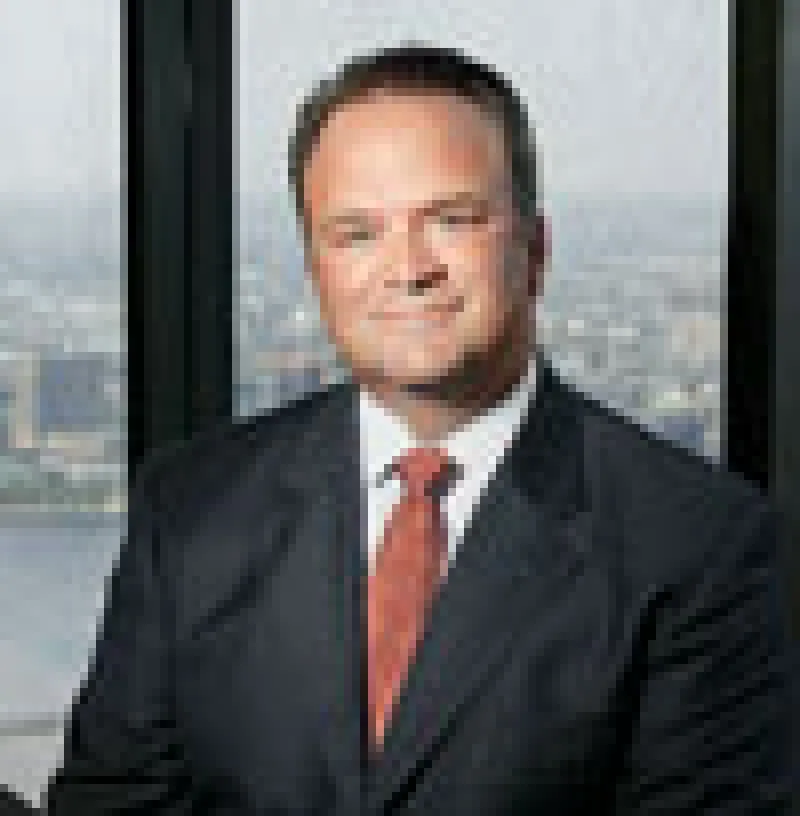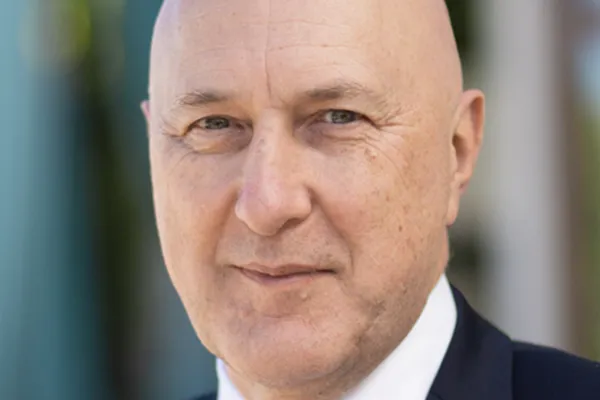The stock market tailspin has hurt State Street Global Advisors more than many other money managers. The 34 percent drop in the Standard & Poor’s 500 index from January through October gouged SSgA’s pretax profit by roughly the same amount. That’s because more than 90 percent of the Boston-based institutional manager’s $1.7 trillion in assets are in passive index strategies that track almost every equity and bond index in the world, going up and coming down. And the market crisis has forced the firm’s new CEO, Scott Powers, to delay plans to build active strategies that strive to beat the indexes.
Powers, the former Harvard College hockey star who arrived from Old Mutual Asset Management in May, doesn’t foresee a full recovery in the stock market — or in SSgA’s business — much before the end of 2010. “We have been in a tough market for almost a year,” he says. “But there are certain basics that we have got to get right: Focus on what we do very well, and deliver good performance.”
As part of a three-year recovery plan that he presented in September to SSgA’s parent, State Street Corp., Powers is shaking up senior management to cut costs and play to the firm’s strengths as a passive asset manager and one of the biggest managers of money market funds. First, he laid off SSgA’s 20-member U.S. active equity team. This was the firm’s only team to use analysts instead of computer programs to pick stocks, but it had never achieved better than average performance. Then Powers eliminated the position of chief product officer Peter Leahy. Powers also launched a search for a global chief of institutional sales to help stem investment outflows and court sovereign wealth funds, moving the former head, Marc Brown, into the role of chief administrative officer. He also created a new position, global chief investment officer, and gave it to London-based SSgA executive and quantitative investor Richard Lacaille.
Still, Powers is laying the groundwork for growing the active asset management business, which rakes in much higher fees than passive strategies. (SSgA’s index funds collect a minuscule 1 basis point per dollar under management on accounts of $1 billion or more for pension funds and other big institutional investors.) Given the market turbulence, that won’t likely get under way until after 2010, he says.
Before Powers’s arrival, SSgA had shut down its active fixed-income team and a hedge fund business. Then the active international equity unit departed for Lazard Asset Management. That left SSgA with $200 billion in actively managed assets, by Powers’s estimate. The decline could not have come at a worse time. In 2007 several investors filed lawsuits against the firm for alleged losses in actively managed fixed-income funds. The suits, which Powers says are currently in various stages of the legal process, led SSgA to set aside a $625 million reserve at the end of 2007, which slashed net profits for the year by 90 percent, to $41 million. In the quarter ended September 30, its pretax profit was down 38 percent from the same period a year earlier, to $75 million, on revenues of $261 million.
Parent State Street, meanwhile, is looking to buy equity stakes in hedge funds to add to State Street Global Alliance, a group of three alternative asset management boutiques in which it holds equity stakes.
So far, Powers’s initiative is drawing applause from SSgA clients. “Everyone thinks the world is going to hell in a handbasket now. Scott is thinking, ‘We should stick to our knitting,’” says Michael Travaglini, executive director of Massachusetts’ Pension Reserves Investment Management Board. MassPRIM invests more with SSgA than it invests with any other manager.






